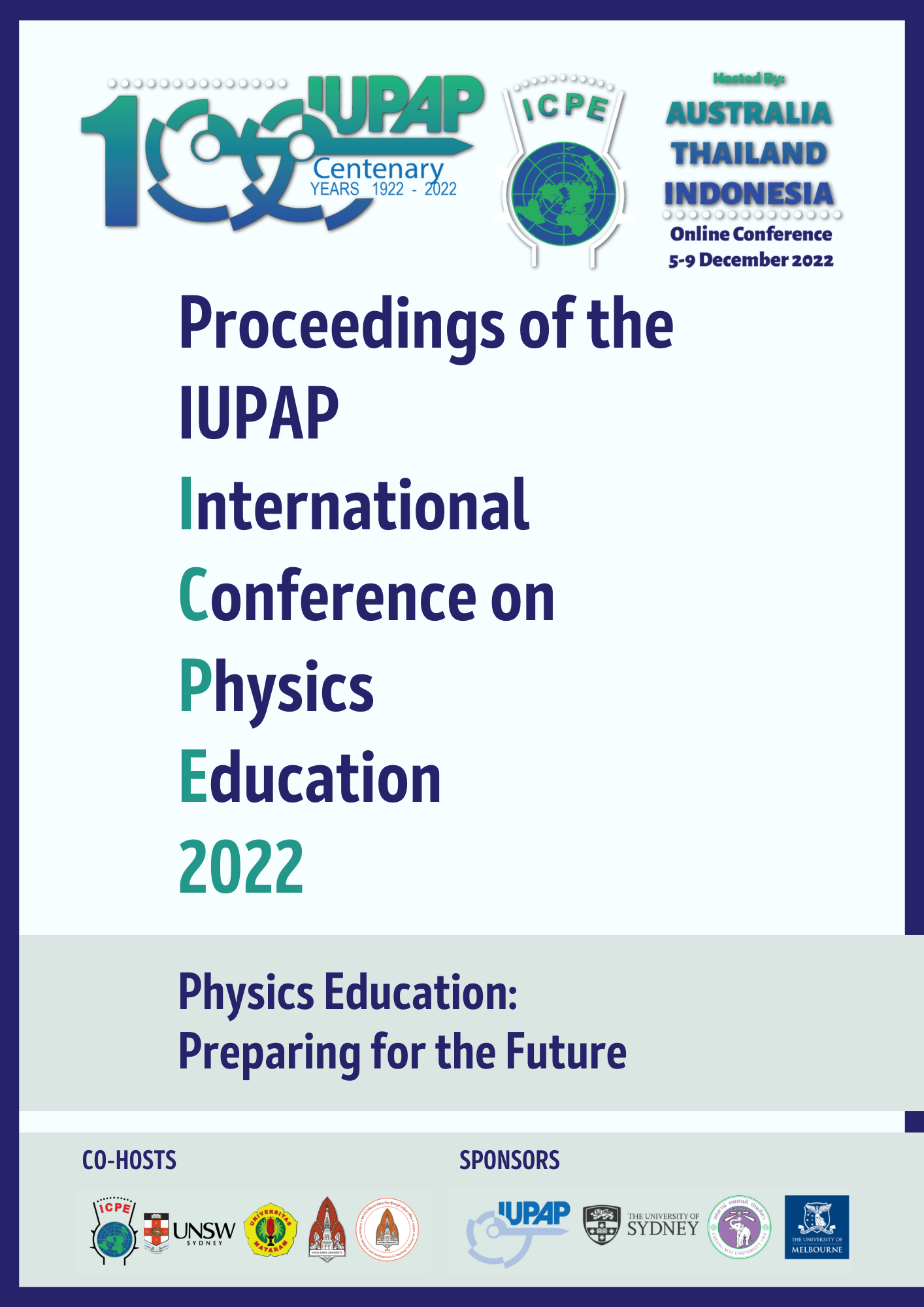Novel ways to utilise quiz tools
Abstract
All learning management systems have a quiz tool. We know that when students are actively engaged with learning activities, their learning gains improve. In this workshop, we will look at how the quiz tool can be utilised to increase the cognitive engagement of students in different components of online courses: lectures, labs and tutorials, and assessment.
Lectures can be set up with short videos interspersed with questions in which students practice solving problems related to the theory presented in these videos. Students can then receive targeted feedback and solutions to scaffold them through this learning. Online labs can make use of simulations embedded in a quiz or present data (which can be randomised) for students to analyse. Tutorials can encourage students to try a question before presenting the answer.
Other advantages of the quiz tool include the ease with which participation can be tracked; automatic marking, which can reduce marking loads while giving effective feedback; and randomising variables for students, which make it easier to track cases of academic misconduct.
In this workshop, the examples given will use the STACK question type in Moodle. This question type allows for multi-part questions with randomised variables, carry-on marking, and algebraic answers. On other learning management systems, other question types can be utilised in a similar way, such as Mobius and Numbas.
Participants will be encouraged to share how they have used the quiz tool or seen it used.
Intended Audience: University Educators
Downloads
Published
Issue
Section
License
Authors who publish with the Proceedings of the International Conference on Physics Education 2022 agree to the following terms:
a) Authors retain copyright and grant the journal right of first publication with the work simultaneously licensed under a Creative Commons Attribution License (https://creativecommons.org/licenses/by/4.0/) that allows others to share the work with an acknowledgement of the work's authorship and initial publication in this journal.
b) Authors are able to enter into separate, additional contractual arrangements for the non-exclusive distribution of the journal's published version of the work (e.g., post it to an institutional repository or publish it in a book), with an acknowledgement of its initial publication in this journal.
c) Authors are permitted and encouraged to post their work online (e.g., in institutional repositories or on their website) prior to and during the submission process, as it can lead to productive exchanges, as well as earlier and greater citation of published work (See The Effect of Open Access - http://opcit.eprints.org/oacitation-biblio.html).
Privacy Statement The names and email addresses entered in the Proceedings of the International Conference on Physics Education 2022 site will be used exclusively for the stated purposes of this journal and will not be made available for any other purpose or to any other party.
